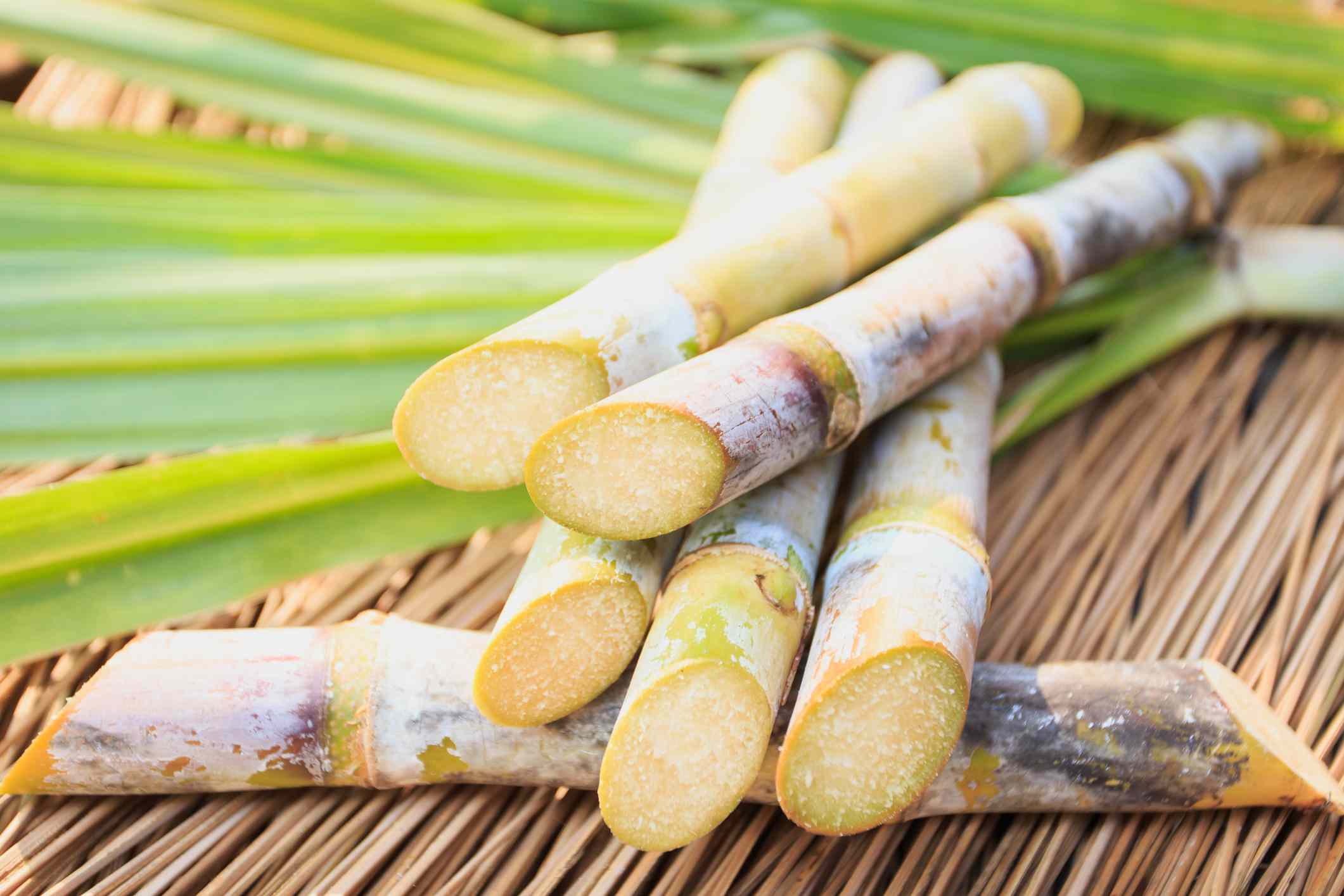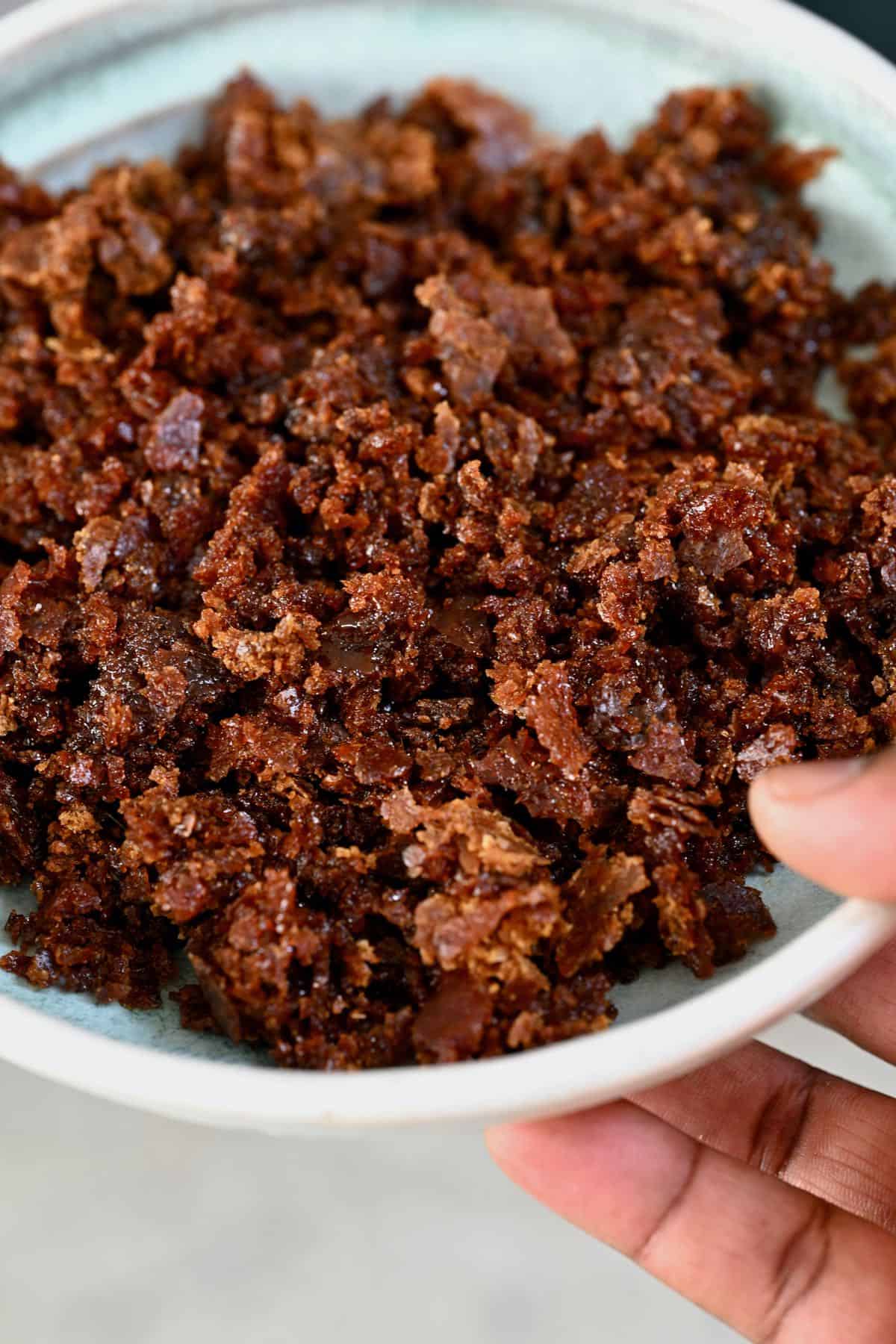A Thorough Review of the Health And Wellness and Economic Implications of Cane Sugar Handling on Local Neighborhoods
Walking cane sugar processing plays a crucial duty in shaping the financial landscape of local communities, supplying employment possibility and stimulating secondary industries. Nevertheless, the health implications associated with high sugar consumption can not be forgotten, as they contribute to increasing prices of weight problems and diabetes. This nuanced dynamic welcomes a crucial exam of how neighborhoods can maximize financial gains while dealing with journalism wellness challenges they face. The exploration of instructional initiatives and sustainable practices might just hold the key to integrating these conflicting rate of interests. What strategies might communities implement to achieve this balance?
Economic Benefits of Walking Cane Sugar Handling
Walking stick sugar processing offers considerable financial advantages that expand beyond the immediate farming sector. The cultivation and handling of sugarcane create countless work possibilities, from farming to manufacturing and circulation. This employment generation not just supports neighborhood economies yet likewise cultivates neighborhood advancement by providing secure income resources for families.
Moreover, the sugar market stimulates ancillary businesses, consisting of transport, equipment supply, and product packaging services (Cane Sugar Processing). As these markets grow, they add to a much more durable economic framework, improving overall community strength. The export potential of refined cane sugar additionally enhances financial benefits, placing regions as affordable gamers in global markets
Financial investment in modern processing centers can cause raised performance and performance, thus reducing waste and enhancing source usage. This change not just profits the local economy however likewise sustains sustainability efforts by decreasing environmental influences.
Additionally, the profits produced from walking cane sugar handling can be reinvested in neighborhood infrastructure, education and learning, and medical care, advertising alternative area development. Overall, the economic benefits of walking stick sugar processing are multifaceted, offering a foundation for enduring prosperity in agricultural regions.
Health And Wellness Threats Related To Sugar Consumption
Too much sugar consumption poses significant health and wellness risks that necessitate significant interest. High consumption of added sugars, especially from processed beverages and foods, has actually been linked to many health complications.
Moreover, high sugar usage is related to heart disease. Elevated blood sugar level levels can cause insulin resistance, a precursor to different heart-related concerns. Furthermore, sugar can have harmful results on oral health and wellness, resulting in tooth cavities and gum tissue disease, as bacteria in the mouth grow on sugar, producing acids that wear down tooth enamel.
In addition, emerging research study recommends a possible link in between high sugar intake and psychological health conditions, such as clinical depression and anxiety. As communities come to grips with these wellness dangers, it ends up being crucial to promote awareness and encourage healthier dietary options. Resolving sugar consumption is critical not just for specific wellness but also for the overall health of local communities, stressing the demand for extensive public health approaches.
Environmental Effects of Sugar Production
Frequently ignored in discussions concerning sugar's ramifications is the significant environmental effect of sugar production. The cultivation of sugarcane usually requires considerable land usage, leading to deforestation, loss of biodiversity, and disruption of local ecosystems. The conversion of woodlands and marshes into sugar ranches can result in environment damage, threatening numerous types and modifying ecological balance.
Additionally, sugar manufacturing is resource-intensive, consuming substantial amounts of water for irrigation. This can lead to depletion of neighborhood water sources, detrimentally influencing both agricultural techniques and community accessibility to clean water. In addition, making use of chemical plant foods and chemicals in sugarcane farming can add to soil destruction and water pollution, as overflow from these chemicals enters nearby rivers and lakes, impacting aquatic life and human health and wellness.
The ecological footprint includes the processing stage, where power usage and waste generation more intensify eco-friendly problems. Air air pollution from burning sugarcane areas, along with greenhouse gas emissions, add to climate adjustment. As such, the environmental effects of sugar production warrant severe factor to consider, urging stakeholders to adopt even more sustainable methods to alleviate these adverse effects on regional ecological communities and communities.
Task Development and Area Development
The environmental challenges positioned by sugar production are frequently reversed by its capacity for financial advantages, specifically in work development and area growth. The walking cane sugar sector works as a significant source of employment in many backwoods, giving jobs across various skill degrees, from farming labor to handling and circulation functions. This employment not only supports individual families but also contributes to the total economic vitality of neighborhood areas.
Moreover, the establishment of sugar handling centers promotes supplementary services, such as transportation solutions, tools supply, and upkeep companies. As these companies flourish, they produce additional tasks and reinforce local economies. The revenue created from the sugar market also leads to raised tax revenues, which can be reinvested into social work such as facilities, medical care, and education and learning development.
Furthermore, the sugar sector frequently takes part in neighborhood advancement campaigns, such as supporting local schools and health and wellness programs, thus enhancing the lifestyle for citizens. By cultivating solid area ties and advertising economic development, the walking cane sugar handling field plays a vital duty in uplifting neighborhood populaces, making it a necessary component of sustainable development strategies in sugar-producing areas.
Balancing Health and Economic Development
In browsing the intricacies of walking cane sugar processing, a vital challenge hinges on balancing wellness factors to consider with economic growth. The sugar industry considerably contributes to regional economies by creating tasks, stimulating associated industries, and boosting her latest blog tax obligation revenues. However, the wellness pop over to this site ramifications connected with too much sugar usage can bring about persistent illness such as obesity, diabetes mellitus, and cardio problems, which can burden public health and wellness systems and diminish workforce performance.

Moreover, regulatory structures can play a critical role in directing sector practices towards even more health-conscious and lasting approaches. By fostering partnership between government bodies, health and wellness companies, and the sugar industry, areas can navigate the duality of health and economic development, ensuring that the advantages of walking stick sugar handling are equitably shared while prioritizing public health and wellness.
Final Thought
Finally, the processing of walking cane sugar provides both considerable economic benefits and notable health and wellness dangers for regional communities. While it cultivates work production and promotes regional development, the involved health problems, specifically regarding obesity and diabetic issues, necessitate a careful balancing act. By promoting liable usage and investing in community education and lasting methods, it is feasible to make the most of economic advantages while lessening unfavorable wellness impacts, thus making sure a healthier future for local populaces.
In addition, sugar can have destructive impacts on dental health, resulting in tooth cavities and periodontal disease, as germs in the mouth thrive on sugar, creating acids that erode tooth enamel.
Addressing sugar usage is vital not just for individual wellness but read this additionally for the total wellness of neighborhood communities, highlighting the demand for extensive public wellness strategies.
Often ignored in conversations about sugar's ramifications is the significant environmental effect of sugar manufacturing. The health effects connected with excessive sugar intake can lead to persistent conditions such as excessive weight, diabetic issues, and cardio issues, which can burden public health and wellness systems and lessen workforce performance.
